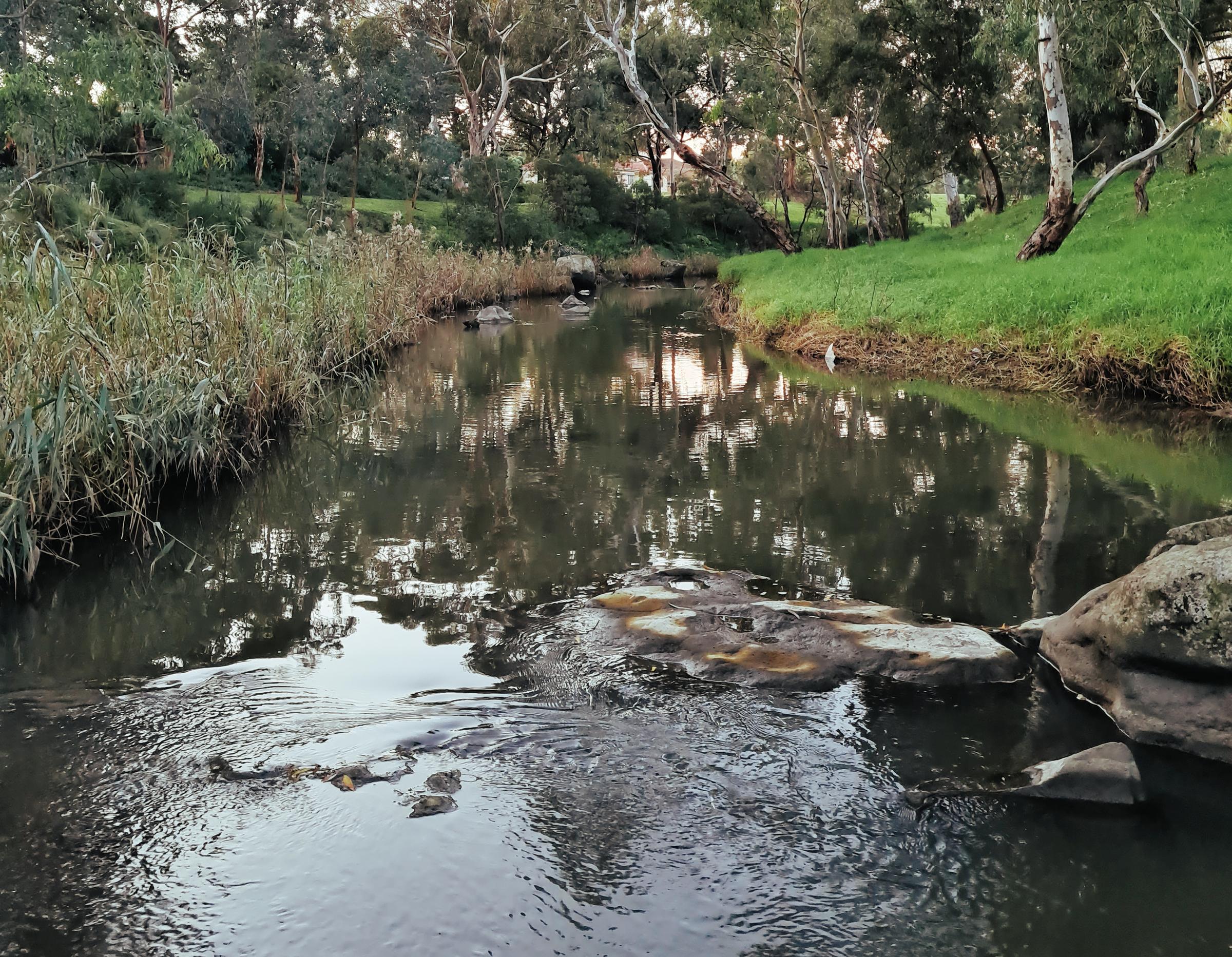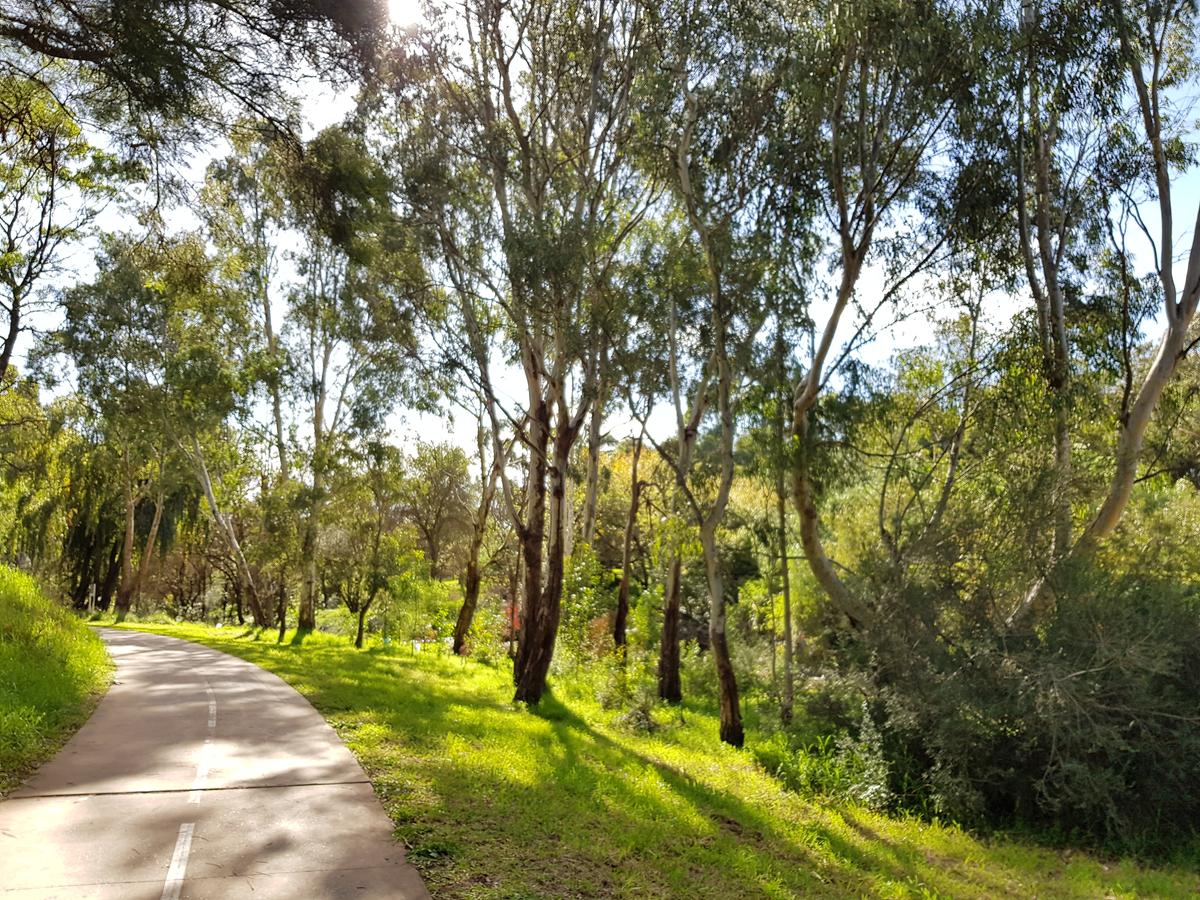Health

A Parents' Guide to Teenage Sleep
Sleep is an extremely important part of our lives, yet by its very nature we don’t pay much attention to it. Sure, we know it feels good to snuggle into a nice comfortable bed, but then what? When we are asleep it’s just not that interesting, and so it seems to be a part of our lives we can be all too willing to sacrifice especially if there is something else we’d rather be doing or have to squeeze into our busy lives. Teenagers have busy lives. School, homework, sport, activities, friends, family, entertainment all demand their attention and so with only so many hours in a day it’s especially important to allocate sleep time and maximise that by doing what you can to ensure that sleep is effectively. Sleep expert Arthur Teng, head of the Sydney Children's Hospital's department of sleep medicine says that “Australian teenagers are chronically sleep-deprived. A 15-year-old should be getting nine to 10 hours' sleep a night, but they're lucky to get six or seven.” This lack of good sleep can have a dramatic effect on how children perform academically. We’re wandering blindly in global health experiment with no idea what the long-term effects, subtle or otherwise, will be. Being aware of the effects of a lack of sleep can help you decide if action is needed but please be aware that everyone suffers from a poor nights sleep every now and then, it is only if it continues unchecked that it’ll be likely to become a problem. Some of the effects of lack of sleep include:
- Poor attention, concentration and memory - "There are a lot of teenagers who are struggling to stay awake. The first thing that goes out the window is your short-term memory, which is what you need to learn." Dr Teng said.
- Irritability and other mood disturbances – The teenage years can be a volatile time with mood changes due to raging hormones and the flood of new experiences and responsibilities that come with growing up, a lack of sleep will only magnify this further.
- Impaired judgement and reaction times and poor physical coordination – Not only can a lack of good sleep effect activities such as sports and activity performance, but at a time when older teens are learning to drive it can effect distance and speed perception which presents an undoubted danger to all road users.
So, what does sleep do (or not do) that is so important? Sleep is as essential to human life as food, water and breathing. Although it is possible to go for periods without sleep, the longer we do so the more rapidly ineffective we become. Sleep deprivation is even recognised in some countries as a legitimate form of torture. During sleep when the mind and body is in a state of deep relaxation, physical growth and repair takes place and the immune systems regenerate. Mental encoding is reinforced during sleep which means that what we’ve superficially learned during the day becomes a deeper knowledge at night. This knowledge is less easily forgotten and more readily recalled in times of need (exams). It is not only academic knowledge that becomes embedded but social and behavioural awareness too. You could say our experiential higher knowledge, our awareness of our self and others, our empathy and our ability to relate are all encoded during sleep.
What can you do to encourage your teens to get a goodnights sleep?
- Encourage a regular bed-time. Routine helps with our internal body clock. Teenagers naturally want to stay up later but they must still be able to function in the morning. Students who are cranky or asleep in class are not open to learning and can prove to be a distraction to others.
- Encourage them to not only turn off their phones and computers but to leave them out of their bedrooms. If you are wondering what’s different from when you were a teenager, this is it. Information and entertainment overload via a digital light source keeps the brain stimulated when it should be resting and reflecting. One kid awake at night texting their friends means there are actually dozens of kids awake. It’s a huge problem!
- Encourage exercise and family conversation. Exercise is healthful and will make the body tired and want to rest while open family conversation gives a teenager a chance to discuss issues that may be bothering them and keeping them awake at night with worry.
Walking During and After Lockdown
Whether you like it or not here we are in lockdown 6.2. It’s what we need to do to get back to a place of familiarity while minimising the amount of illness and death suffered along the way.
We’ve all experienced lockdown ups and downs and have some measure of experience where-by we can place ourselves as we face the hope and reality of tomorrow, next week, next month. Every form of well-meaning media has given suggestions for exploring and maintaining our mental and physical good health and I’m sure most of us have gone out on a limb or two to explore something new (sourdough?), so by now I expect you’ve got a few coping tools in your Covid box. Think about what you’ve tried, what works for you, what has become an automatic ‘go to’…. Is it baking? Is it knitting? Is it gardening? Painting? Butoh? Jigsaws or jogging? Or is it simply walking the streets of your neighbourhood on a regular or daily basis? If walking is your thing, good on you! It’s what I’d like to focus on here.
I cannot stress the importance of getting enough physical exercise. It always has been and always will be a key factor in attaining and maintaining good health and longevity. Being in and out of lockdown you’re sure to have noticed how much movement is casual and incidental in a normal (pre-Covid) day and making up for that really is the bare minimum. So, at the very least, walk. And if you can walk, why wouldn’t you? Walking is great! Ever since our ancestors left the trees walking has been integral to what made us human.
Walk with purpose (walk without the dog, they are very distracting), notice your stride, notice your breathing, notice your posture, notice your surroundings, notice your rhythm, notice the sights, smells and sounds of your neighbourhood. Notice too what you expect of yourself…. How far will you go? How fast or how slow? There’s merit in both. Or even…how you will enable the solution that’s just now popped into your head, to the problem that’s been vexing you. Welcome back to walking.
I’ve worked in several schools in the area over the past decade and something I’ve noticed even in that short time is the steady increase in the number of students who get driven to school. Students who have perfectly adequate and capable brains and bodies are being deprived of the opportunity to walk and therefore to learn how to notice the things that walking opens up to us.
Whether or not you need to encourage them to walk to school or just allow them to walk to school, do it. Driving them to school and dropping them at the gate is pretty much the same as rolling them out of bed at the gate. They are in no fit state to start a learning day. Walking generates blood flow and muscle tone, expands the lungs, delivers oxygen to the brain and awakes the mind so that they are ready to learn.
If you’ve somehow found yourself becoming a ‘taxi parent’ I would very much encourage you to take the opportunity to walk to school and time it. Test out a few different routes, that way you’ll be able to figure it into their morning routine once we are back to on-site learning. Know that driving them daily is doing them no favour. If they are too tired to walk to school, they are too tired to begin learning once you drop them there. Be strong, be firm, get them walking with purpose so that every one of us can reap the benefits.
While we’re at it, and so you can stay safe on your walks…please remember to check Covid exposure sites in the local area and to adhere to advice regarding testing. Go to… https://www.coronavirus.vic.gov.au/exposure-sites#exposure-site-table
Jeremy Fiske
DET Secondary School Nursing Program (Health Promotion & Harm Minimisation)
CHS Mondays & Tuesdays
Ph 9353 1700
I am happy to try and help with your concerns re: health promotion & harm minimisation issues.



